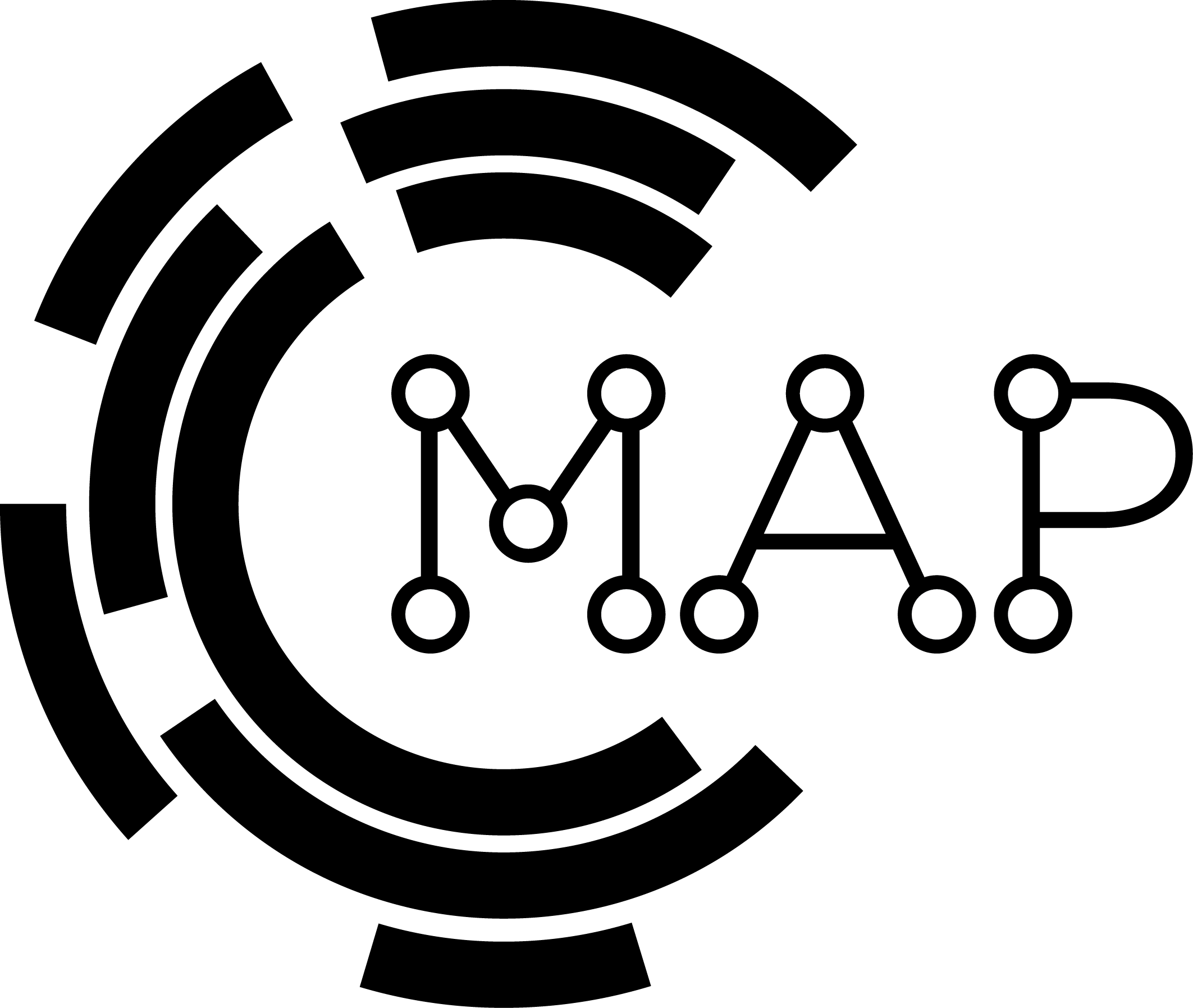The problem: To date, millions of human genetic variants have been found, many in the coding or regulatory sequence of genes. However, for only a tiny fraction of these variants do we understand how the expression or function of the encoded product is affected. As a consequence, the promise of sequencing human genomes to understand human phenotypes – especially the risk for many diseases with genetic components – has gone largely unfulfilled. What is needed are facile, high-throughput methods for generating libraries of human cells bearing mutant sequence elements and for assessing these libraries to determine each variant’s effect on molecular and cellular phenotypes.
Our solution: the Center for the Multiplexed Assessment of Phenotype, based at the University of Washington’s Department of Genome Sciences and at the University of Toronto, is developing highly generalizable, reproducible and scalable technologies to generate, and assess the functional impact of, variants in human genes. Our work builds on the success of methods we developed such as DMS, SGE and MPRA, with the goal of increasing scale and unlocking more complex phenotypes. Center-developed technologies are being piloted on a set of human genes with disease relevance, enabling comparisons between each variant’s functional effects and the effects of known pathogenic or benign variants. This effort is informing the use in the clinic of the large-scale functional data the Center’s technologies are generating. Additionally, variants are being assessed under different conditions, such as in multiple cell lines, in combination with another mutation, or in the presence of a drug. The Center is training early career experimentalists, clinical geneticists and data scientists to obtain and use large-scale functional data.
By developing and disseminating new technologies, the Center is advancing the promise of the Human Genome Project by interpreting the landscape of human genetic variation.
We are a Center of Excellence in Genome Sciences, supported by the National Human Genome Research Institute.
Graphic Credit: Starline Freepik

